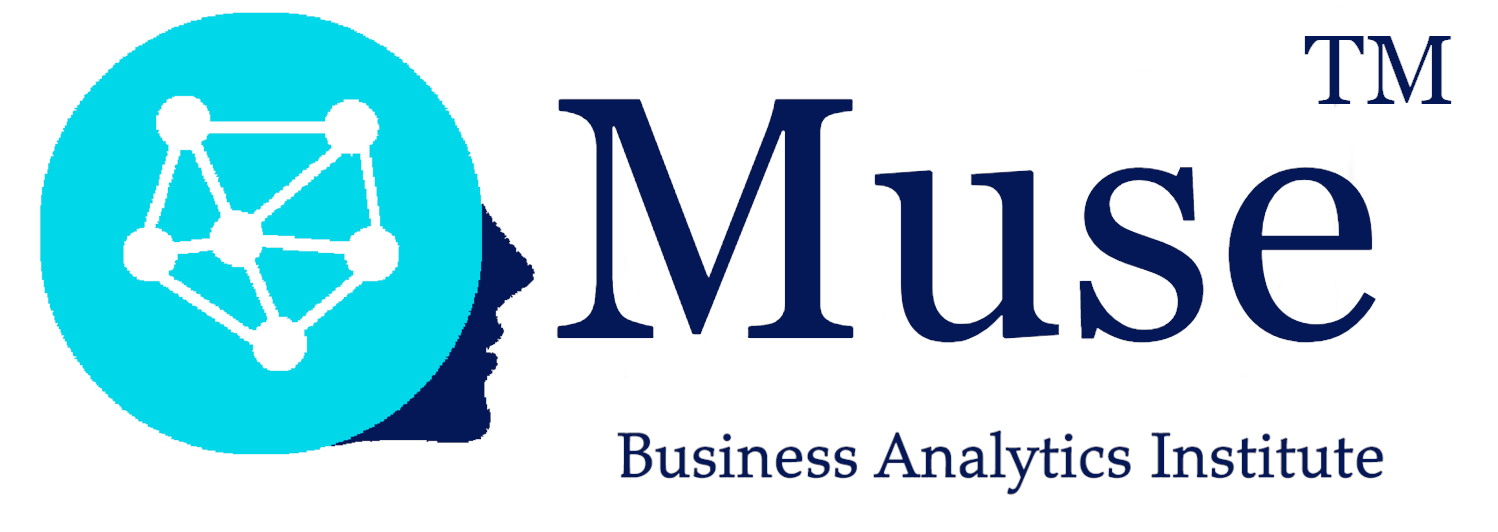Financial Well-Being:
An exclusive comment from Professor Karen Elliott
Source: Muse™
DRIVING FINANCIAL WELL-BEING AND INCLUSION: STARTS AND ENDS WITH PEOPLE
Prof. Karen ELLIOTT
Critically reflecting on a decade of discussing financial well-being and inclusion at numerous panels/events/committees (Alan Turing, The Payments Association, FCA (UK), etc.)) via data-driven (artificial intelligence, AI) technological solutions, provides the opportunity to gauge progress in tackling this challenge beyond the hype. Undoubtedly, the financial services industry is doing ‘better’ which as humans, is all we can realistically strive for, to incrementally change our mindsets, culture, and norms, translated into action because AI is fundamentally designed, trained, adopted, and used by people. The issue is that not all people have a say on how or what shapes AI design and training parameters, resulting in the current narrow ontology that embeds automated inequalities in AI solutions, reversing the intent to drive well-being and inclusivity.
For instance, writ large in education’s role; access to computer science/STEM skills to drive inclusion attracts mainly white, male applicants (cf. 80%). This lack of diversity of thought results in AI solutions that reflect the developers lived experience and ignores alternative perspectives⎯the ‘garbage in, garbage out’ Ava Lovelace strapline prevails. Awkward critical questions and responsibility to check for bias must feature at each stage of innovation, placing well-being/inclusion at the heart of data-driven co-design, to continue doing ‘better’ in an authentic manner. If this crucial facet is omitted, the ‘tickbox’ mentality endures and responsibility at all levels to drive inclusion is translated into the box being ticked, and job done.
A paradigm mindset shift must actively seek and engaging with diverse perspectives across gender, ethnicities, and other societal factors, otherwise, bias which manifests in the poverty premium (e.g., the ‘wrong’ postcode can present a risk to accessing credit), increases society’s digital divide. To progress, recognition that technologies start and end with people throughout the design to release phases must be discussed and embraced, if harnessing AI’s potential is to occur. The technology in and of itself is not a panacea to solve societal problems, rather, critical thought underpins the best use of AI for the right use case, to iteratively address financial well-being and inclusivity challenges.
Karen Elliott
The Department of Finance
Chair and Professor of Practice in Finance and Fintech
Contact details
Address
Business School
University House
University of Birmingham
Edgbaston
Birmingham
B15 2TT
UK
Professor Karen Elliott is a socio-technologist and entrepreneur committed to ongoing research towards establishing an equitable digital society—sustainable and responsible outcomes for business, society, and the planet.
Karen adopts an innovative approach in examining the wider academic and social impact of Digital Technologies, Sustainability, Online and Societal harms through the lens of Corporate Digital Responsibility (CDR). CDR is a mechanism with a manifesto to assist leaders and managers think about their use of data and digital technologies within and by their organisation across the social, economic, and environmental domains. She is a HEA Fellow with a proven track record of obtaining and leading large scale UKRI funded multidisciplinary research projects (£7.5m) and associated academic publications, editorships and reviewing (inc.UKRI applications). Furthermore, supporting the reduction of the digital divide in the UK as an Ambassador for the Digital Poverty Alliance and as a member of the Prime Ministers Champions Group for Dementia.


